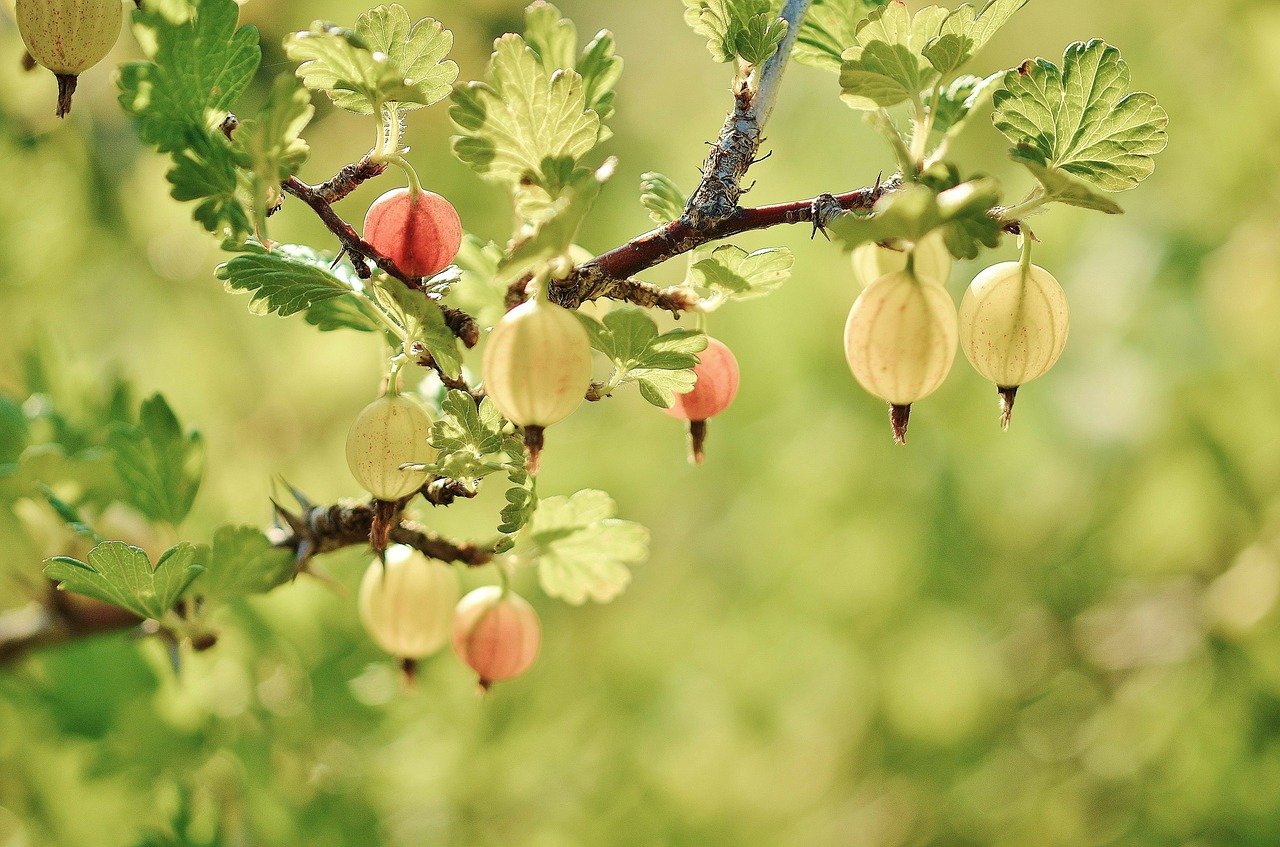
From everyday to professional gardeners, the invasive nuisance of unruly, often harmful, pests are a common headache and hindrance for organic crop-growing, flowering gardens, and those self-cultivating their own produce. This is especially true for DIY gardeners and enthusiasts alike, or those who grow their own produce in the likes of an allotment, shared farmland, or backyard greenhouse.
Everything from vegetables to soft fruits, and ornamental flowers, can be harmed by uncontrollable pest invasions, especially if they’re gnawing away invisibly at your garden. The damage is seldom aesthetic, but rather can rot and ruin your crop before it has a chance to ripen.
Over the years, the harmful role of garden-variety pests, mostly on farms, has been well-established. Pests, if left uncontrolled, will multiply quickly and destructively. The rising use of synthetic pesticides as a controlling mechanism isn’t a sustainable solution, but rather carries negative and harmful impacts both environmentally and on human health.
In fact, the latest stats show that US homeowners use about three times the amount of pesticides as farmers. Most wildlife pest poisonings, and most surface water contamination from pesticides, come from single-family homes. This establishes, perhaps, an unwitting side-effect of pest removal, where chemical substances are used irresponsibly.
Yet, deterred by unsustainable and synthetic chemical-based pesticides, many are left yearning an organic alternative that can control pests whilst nourishing their crops. The kindest way to tackle pest problems is to employ natural pest control methods, such as non-toxic or homemade remedies, and discourage pests from coming in the first place through preventive controls.
Focus on prevention
An important part of organic practice in your own backyard is learning how to control the harmful pests with non-toxic and homemade remedies. Yet, the best method is always prevention.
If your goal is to eliminate harmful pest activity, it’s helpful to plan preventively by discouraging pests in the first place. And a healthy garden can be your best line of defence. Plan a garden that is self-nurturing and sustaining from the likes of organic soil and natural composts (even mulching or natural fertilizing can help). Remove weak plants or weeds, which will minimise the insects in your garden. Lastly, rotate your crops regularly between seasons or harvest. This will encourage healthy growing plants, but dissuade pests from entering your garden.
The best first phase of pest control is how effective your early preventive measures are in discouraging pests. A garden should be designed around healthy practices, such as rich soil nutrition and regular plant care – including week removals.
Encourage helpful pests
Many insects are actually beneficial for gardens, including key pollinators. This will give your garden a more wholesome scent and aesthetic, whilst helping it maintain its good health and development.
Other insects, like ladybirds or damsel bugs, will prey on the harmful pests in your garden. You can encourage these beneficial insects by planting a range of attractive flora, including nectar-rich sources. With the right plants, your garden can build a natural defence, using natural populations of beneficial insects.
Be smart with your flora
Choosing the right foliage, down to the right plants for your garden beds, to the kinds of produce, can shape the roles of pests in your backyard. It could be as simple as electing to plant vegetables that naturally deter pests. A butternut squash, for example, is reliable and resistant to these problems.
If you’re troubled for what to plant, seek out vegetables that are pest or disease resistant. This will create a more reliable crop, year on year.
Barriers stop pests
One of the surest and more convenient pest traps is a physical barrier that divides them from your prized plants and produce. Minimise exposure of plants, unless it’s to naturally helpful things, like beneficial pests like pollinators. Equipment for gardening is largely varied, include thin sheets that drape over outdoor flower bends to the more industrial structures of a greenhouse.
A greenhouse is a great controlled environment, allowing you to grow and cultivate produce without it risking contact with harmful pests. Trying to control the setting of your crops is helpful, but shouldn’t come at the expense of nature’s helping role either.
Embrace natural nutrition
The market has only recently begun to cater for healthy garden fertiliser and nutrition supplements. These promote healthier lawns, plant production, and a better well-being for your general garden space. Biosimulants enable a plant to be at its healthiest, so it can then uptake soil nutrition, which helps by building its natural strength against common pests.
Biostimulants, as a speciality product for common gardens, is a way of promoting nutrition in your garden, from seed germination to plant maturity. In terms of produce, biostimulants lead to tastier, often sweeter, and healthier vegetables. This is because biostimulants allow plants to absorb the optimum amount of nutrition from the soil.
Generally, these cover everything from plant metabolism to recovery, and everything in-between. This can create a more reliable harvest from your produce, creating a better resistance against pests.
You can hatch a meaningful strategy to nurture your garden when you use organic methods and promote natural health. These plans can reach from barrier-building in a greenhouse to wise planting decisions in your garden beds. Not all pests are harmful, but good gardening means inviting the beneficial ones in and using their role to help your garden grow.
Written by Richard Salvage
About the Author
Richard Salvage is a Research Scientist at Institute of Global Food Security, Queen’s University and CEO of Greenman Plant Care, the agricultural and amenities specialists.
You may also like
Gardening Tips For Beginners: Things You Need To Know Before Sowing Your First Seed
Must-Have Gardening Tools For Beginners
Gardening Tips: Best Ways to Maximize Your Harvest
What It Means To Have a Sustainable Garden
